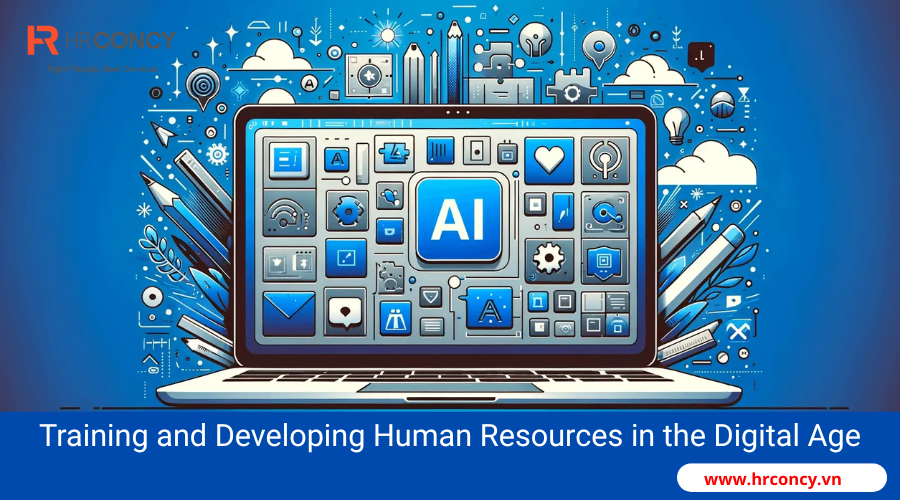Upskilling and Reskilling: A Crucial Trend in Vietnam’s Workforce
As the global job market continues to evolve, the importance of upskilling and reskilling has become increasingly evident. In Vietnam, this trend is particularly significant as the country navigates rapid economic growth and technological advancements. Here, we explore why upskilling and reskilling are essential for Vietnam’s workforce and how businesses are adapting to this imperative.
The Need for Continuous Learning
Vietnam’s economy has been growing at a remarkable pace, driven by sectors such as manufacturing, technology, and services. However, this growth brings with it the challenge of ensuring that the workforce possesses the necessary skills to keep up with industry demands. Traditional education and training systems often fall short in preparing workers for the fast-changing job landscape. This gap underscores the need for continuous learning and development.

Government and Corporate Initiatives
Both the Vietnamese government and private sector are investing in upskilling and reskilling initiatives. The government has launched programs to enhance vocational training and align education with industry needs, such as the National Program on Vocational Training. Corporations are also implementing internal training programs focusing on digital literacy, technical skills, and soft skills. These efforts improve productivity, foster loyalty, and increase job satisfaction.

The Role of Technology
Technology has significantly enhanced upskilling and reskilling efforts. E-learning platforms and online courses provide employees with the flexibility to access training materials and learn at their own pace. In Vietnam, the adoption of digital learning tools has underscored the need for flexible, remote learning solutions. Companies can now personalize training programs to better suit individual needs, identify specific skill gaps, and recommend tailored learning paths, ensuring that training is both relevant and effective.

Challenges and Opportunities
While the push for upskilling and reskilling presents numerous opportunities, it also comes with challenges. One major challenge is ensuring that training programs are accessible to all employees, regardless of their location or socio-economic background. Additionally, there is a need to create a culture of continuous learning where employees are motivated to pursue ongoing education.
Despite these challenges, the benefits of upskilling and reskilling are clear. For employees, acquiring new skills can lead to better job prospects, higher wages, and greater job security. For employers, a skilled workforce is essential for maintaining competitiveness and driving innovation.
Conclusion
Upskilling and reskilling are not just trends but necessities in today’s dynamic job market. In Vietnam, these efforts are crucial for sustaining economic growth and ensuring that the workforce is prepared for the future. By embracing continuous learning and leveraging technology, Vietnam can build a resilient and adaptable workforce capable of meeting the challenges of tomorrow
539 view







